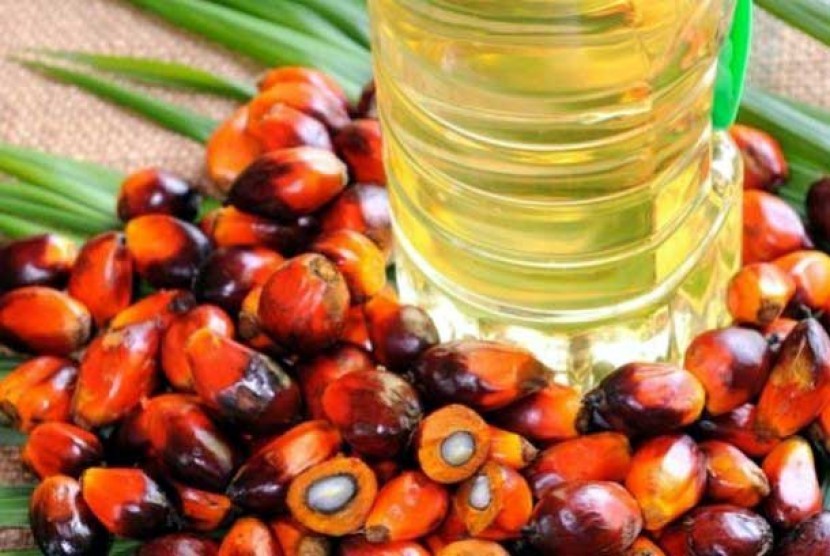REPUBLIKA.CO.ID, JAKARTA -- Indonesia will focus on studying the Indonesia-European Union Comprehensive Economic Partnership Agreement (RI-EU CEPA) this year as Vietnam has opened trade with Europe, a senior official said.
"Vietnam has started exporting textiles and crude palm oil (CPO) to Europe. This may leave Indonesia behind, and we need to catch up," Achmad Sigit, the director general for industrial resilience and international industrial access development of the Ministry of Industry, said here on Wednesday.
However, according to Sigit, Indonesia will not blindly try to follow by opening all its trade sectors. The government will carefully study RI-EU CEPA first.
Sigit said that EU wants 95 trade sectors to be opened with zero percent tariff.
For this, he said, an assessment team is studying the types of goods in which trade will be opened. These sectors domestic resilience will be studied while considering their competitiveness.
Sigit said if the RI-EU CEPA is realized, Indonesia is optimistic to win 30 percent EU investment in ASEAN. The current rate is about 12 percent.
Thus, Indonesia will benefit from the entry of investment and the absorption of a large number of workers.
Industry Minister Saleh Husin has called for the completion of the study in two years from 2015. "The minister asked for two years' time but the sooner it is done, the better," asserted Sigit.
The trade value between the EU and Indonesia is in favor of Indonesia. Indonesia's exports reached US$19 billion while its imports from the EU were recorded at US$12 billion.
Indonesia's main exports to EU included rubber, crude palm oil, textiles and foot-wares.
In the meantime, Vice President Jusuf Kalla said earlier the Indonesian government and the European Union had agreed to increase cooperation in commodities trade, such as palm oil and cocoa beans.
"Indonesia and the European Union will increase trade relations and follow up on trade negotiations," Vice President Jusuf Kalla said here on Monday.
The cooperation was intended to deal with the difference in the entry fees on commodities from Indonesia in EU countries.
"France imposes a higher entry fee on palm oil," the vice president said.
European Union Ambassador to Indonesia and Brunei Darussalam Vincent Guerend met Vice President Jusuf Kalla to discuss trade cooperation between the two parties.
With the new investment, Guerend noted, the companies of the EU could provide 1.1 million jobs for Indonesian people.
"Companies in Europe are ready to provide more than 1.1 million jobs in Indonesia. The EU is interested in investing in infrastructure, trade, financial services and tourism sector," the ambassador said.
The ambassador hoped that cooperation can improve economic growth in the EU as well as Indonesian region.
Indonesian commodities exported to Europe include oil palm, cocoa as well as the labor intensive manufactured goods.
Trade Minister Thomas Lembong said the two parties had discussed the implementation of the CEPA in a meeting with EU trade ministers during the World Economic Forum (WEF) in Davos last week.


